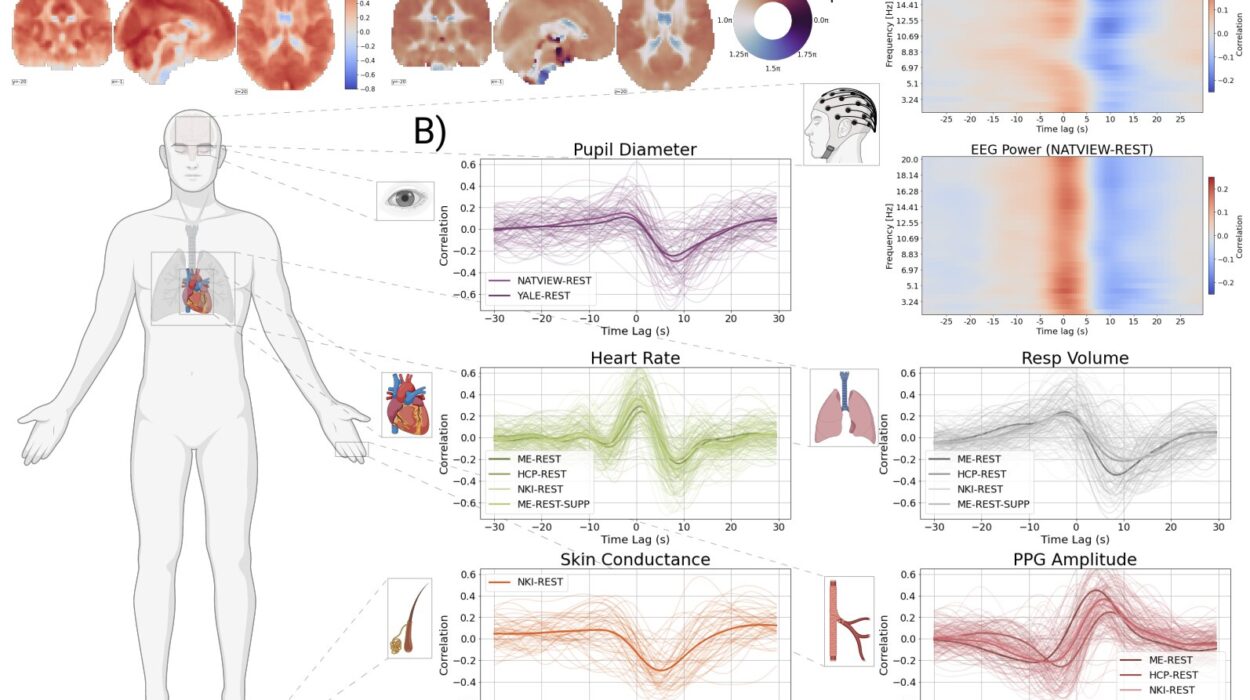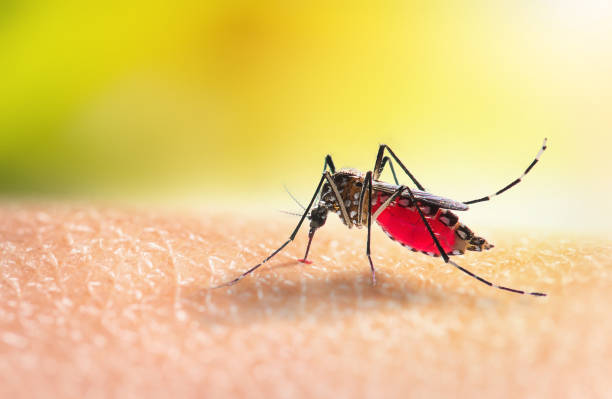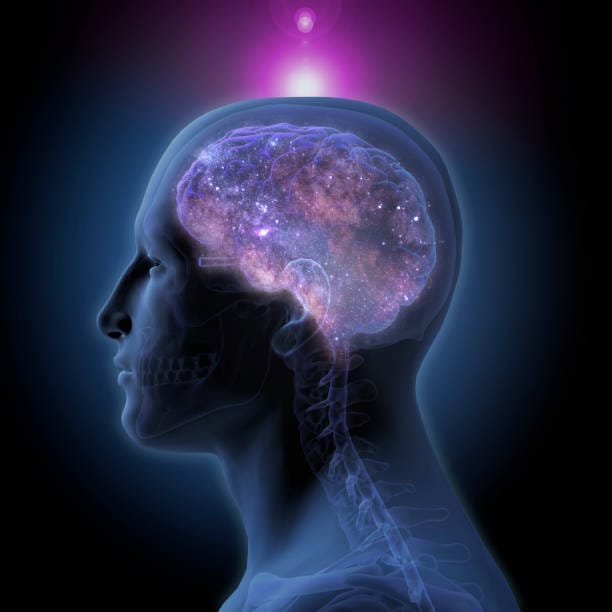Cancer is a word that strikes fear deep into the human heart. It’s a diagnosis that has shattered families, altered futures, and demanded answers from science and spirit alike. Despite extraordinary advances in treatment, it remains one of the most complex and personal battles a person can face. Yet amid the high-tech interventions and pharmaceutical marvels, one truth remains quietly powerful: we are not helpless.
There is no guaranteed way to eliminate cancer risk entirely—life rarely offers such absolutes—but mounting scientific evidence suggests that natural lifestyle choices can drastically lower your risk. These aren’t magical cures or mystical solutions, but grounded, evidence-based shifts in how we nourish, move, breathe, and live. They tap into the body’s innate wisdom and resilience. Cancer may be a formidable adversary, but prevention is a powerful ally.
The Body’s Language of Balance
Our bodies are miracles of engineering and evolution, governed by systems designed to maintain homeostasis—internal balance. Cancer disrupts this harmony. It begins not as a sudden event but as a slow, quiet series of changes at the cellular level. A damaged gene, a compromised immune cell, a chronically inflamed tissue—these are the whispers of disease before the scream.
Fortunately, our bodies are equipped with natural defenses. The immune system hunts down rogue cells before they become tumors. DNA repair mechanisms work tirelessly to fix genetic errors. Enzymes neutralize toxins before they can do harm. These silent protectors don’t need synthetic enhancements—they need the right environment.
Creating that environment is what natural cancer prevention is all about. It’s less about eliminating risk and more about optimizing the inner terrain so that cancer cells struggle to thrive. Think of your body as a garden. Given sunlight, clean water, and good soil, weeds struggle while flowers bloom.
Food as Information, Not Just Fuel
Nutrition is arguably the most powerful lever we have to influence our cancer risk. Not just because food provides energy, but because it contains molecules that talk to our genes, alter our hormones, and even reshape our microbiome—the ecosystem of microbes that help regulate our immune system.
The typical modern diet—high in processed foods, refined sugars, trans fats, and chemical additives—can inflame the body, feed harmful bacteria, and tip hormonal balances in the wrong direction. Chronic inflammation and oxidative stress are known contributors to cancer development, and diet plays a direct role in both.
On the flip side, whole foods—rich in fiber, antioxidants, phytochemicals, and healthy fats—act like gentle medicines. Cruciferous vegetables like broccoli and kale help detoxify harmful estrogens. Garlic and onions contain sulfur compounds that support immune function. Berries provide anthocyanins that block tumor growth pathways. Even humble spices like turmeric can inhibit angiogenesis, the process by which tumors create new blood vessels.
Eating for cancer prevention isn’t about restriction or fear. It’s about abundance—color, variety, and vitality. Every bite is a chance to communicate health at the cellular level.
The Rhythm of Movement
The human body was designed to move. Every muscle contraction, every breath of fresh air, every drop of sweat contributes to a symphony of biochemical changes that promote healing. Physical activity has been shown to lower the risk of several major cancers, including breast, colon, and endometrial cancer.
Exercise reduces circulating levels of insulin and certain growth factors that can promote tumor development. It enhances immune surveillance, meaning the immune system is better able to detect and destroy abnormal cells. It also helps regulate weight, a critical factor in cancer prevention.
Obesity is not just a cosmetic concern—it’s a state of chronic low-grade inflammation. Fat tissue, especially visceral fat around the organs, secretes hormones and cytokines that can foster a pro-cancer environment. By moving our bodies regularly—through walking, dancing, swimming, cycling, or even gardening—we’re not just burning calories; we’re calming inflammation, balancing hormones, and nurturing resilience.
Importantly, you don’t need to become a marathon runner. Even moderate, consistent movement can make a profound difference. It’s about rhythm and routine, not performance.
The Weight of Excess
Body weight is a deeply emotional subject for many, yet it must be addressed honestly. More than 13 types of cancer have been linked to excess weight, including liver, pancreatic, and ovarian cancers. Fat isn’t inert—it’s biologically active, influencing everything from hormone levels to immune responses.
This doesn’t mean that thin people are immune or that heavier people are destined for illness. But it does mean that managing weight through sustainable habits—eating whole foods, staying active, sleeping well—can significantly reduce risk. It’s not about chasing a number on a scale, but about creating a metabolic state in which cancer cells find it hard to survive.
The Shadow of Stress
In our modern world, chronic stress has become almost normalized. We wear our exhaustion like a badge of honor, but beneath the surface, our bodies are paying the price. Stress alters hormone levels, suppresses immunity, and drives behaviors that increase cancer risk, like smoking, drinking, or overeating.
Cortisol, the stress hormone, is useful in short bursts—but when elevated continuously, it can lead to inflammation, insulin resistance, and even DNA damage. The nervous system becomes stuck in “fight or flight,” and the body forgets how to heal.
Natural cancer prevention must include stress management—not as an afterthought, but as a central pillar. Practices like meditation, breathwork, yoga, journaling, and time in nature have all been shown to reduce stress markers and promote physiological calm. These aren’t luxuries. They’re lifelines.
Even more important is emotional honesty. Suppressed grief, unresolved trauma, and toxic relationships can become energetic burdens that manifest physically. True wellness includes the courage to feel, to forgive, and to let go.
The Breath of Life
It may seem too simple, but breathing is perhaps the most underutilized tool in cancer prevention. Not just because oxygen is essential for cellular life, but because how we breathe affects everything from pH balance to stress hormones to immune cell activity.
Shallow, rapid breathing—common in anxiety and sedentary lifestyles—keeps the body in a state of mild panic. Deep, diaphragmatic breathing signals safety, downregulates the nervous system, and increases lymphatic flow, which is crucial for detoxification and immune function.
Moreover, cancer cells tend to thrive in low-oxygen, acidic environments. Alkalizing the body through nutrition, hydration, and proper breathing may help maintain conditions less favorable to malignancy. Though not a cure, oxygenating the body through breath and movement is a powerful protective act.
Sleep as a Sacred Act
In the hierarchy of health, sleep is often overlooked—but it’s as vital as food or air. During sleep, the body repairs DNA, flushes toxins from the brain, balances hormones, and strengthens immune defenses. It’s when the repair crew comes out.
Poor sleep has been linked to higher cancer risk, particularly in shift workers or those with chronic insomnia. Disruptions to circadian rhythms—the body’s internal clock—can interfere with melatonin production, a hormone with antioxidant and anti-cancer properties.
Creating a sleep sanctuary—cool, dark, quiet, and free of electronics—is not an indulgence. It’s a strategy. Going to bed at the same time each night, avoiding blue light before sleep, and winding down with calming rituals can profoundly affect your health. Sleep is not wasted time. It is healing time.
Nature’s Pharmacy
The natural world offers a treasure trove of anti-cancer compounds. Phytochemicals, flavonoids, polyphenols—these are nature’s messages in molecular form. Green tea, rich in EGCG, can inhibit cancer cell growth. Mushrooms like reishi and turkey tail stimulate immune function. Seaweeds contain fucoidans that may block tumor angiogenesis.
Herbs like milk thistle support liver detoxification, while rosemary, oregano, and thyme are packed with anti-inflammatory compounds. Even simple choices—lemon in water, ginger in tea, cinnamon on oatmeal—carry therapeutic value.
That said, not all “natural” substances are harmless, and more is not always better. The key is informed use, guided by evidence and ideally, professional insight. Natural medicine works best when it complements, rather than replaces, conventional wisdom.
Detoxifying Your Life
Toxins are everywhere—in our food, air, water, and homes. While the body is designed to eliminate waste through the liver, kidneys, lungs, and skin, it can become overwhelmed. Pesticides, plastics, heavy metals, synthetic fragrances, and industrial chemicals all pose risks, some of them carcinogenic.
Reducing your toxic load doesn’t mean living in fear. It means making conscious choices. Choose organic when possible. Filter your water. Switch to natural cleaning products. Avoid plastic containers and processed meats. Ventilate your home and dust regularly to remove flame retardants and other residues.
Detox is not just a weekend juice cleanse—it’s a lifelong mindset. It’s about creating a life where your cells can breathe freely.
Human Connection as Medicine
Loneliness is more than an emotional ache—it’s a physiological stressor. Studies show that strong social ties can lower cancer risk and improve outcomes after diagnosis. Isolation, on the other hand, can impair immunity, increase inflammation, and shorten lifespan.
Humans are wired for connection. Touch, laughter, shared meals, deep conversations—these are not trivial pleasures but biological necessities. They trigger oxytocin, reduce stress hormones, and remind the body that it is safe, loved, and not alone.
Healing does not happen in isolation. Whether through family, friendship, spiritual community, or support groups, connection is an immune booster that no pill can replace.
The Power of Belief
Mindset matters. People who believe they have agency over their health often fare better than those who feel helpless. This isn’t magical thinking—it’s the science of psychoneuroimmunology, which explores how thoughts and emotions influence biology.
Hope, purpose, and a sense of meaning can modulate the immune system, reduce inflammation, and activate healing pathways. The placebo effect—often dismissed—is actually a testament to the body’s capacity to heal in response to belief. When we expect good, we tend to move toward it.
This doesn’t mean we should blame ourselves for illness, but it does mean that cultivating optimism, gratitude, and mental clarity can be as essential as any physical habit.
A Call to Live Fully
Reducing your risk of cancer naturally is not about fear—it’s about love. Love for your body, your future, your family, and this one wild and precious life. It’s not about chasing perfection but about aligning with nature, listening to your body’s wisdom, and choosing life every single day.
Each small decision—what you eat, how you breathe, who you forgive, when you rest—is a step in a dance between vulnerability and vitality. We may not control every outcome, but we do influence the terrain.
Prevention is not a guarantee, but it is a powerful act of self-respect. It is a way of saying: I choose to nourish rather than neglect. I choose presence over passivity. I choose to live—not just longer, but deeper.
In the End, It’s About Wholeness
Cancer is not a punishment, nor is health a reward. They are both part of the complex interplay of genetics, environment, emotion, and chance. But we are not powerless. We are participants.
Natural cancer prevention is not about rigid rules. It is about returning to rhythm. To honoring your body’s innate intelligence. To trusting that small daily choices matter.
Let food be your medicine, movement your prayer, breath your anchor, and sleep your sanctuary. Let joy be your compass and connection your strength.
Because in the end, the greatest act of prevention is not avoiding death—it is fully embracing life.






